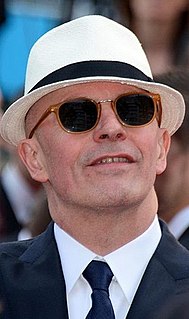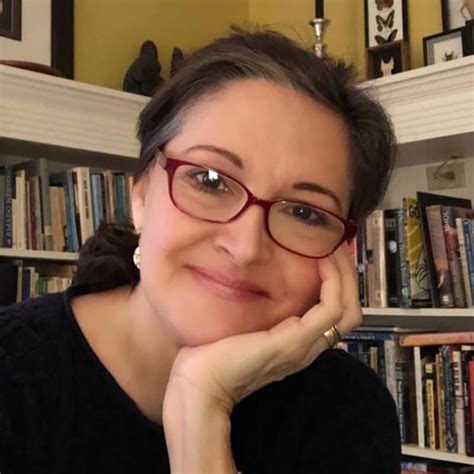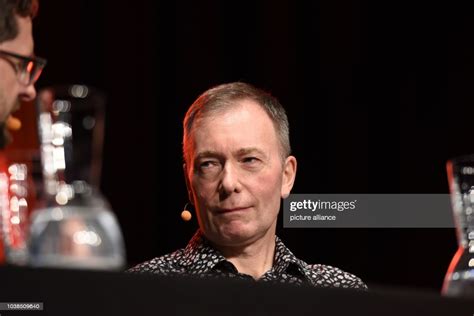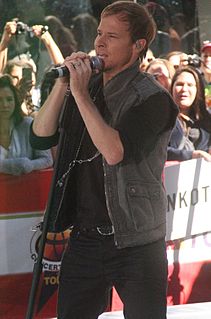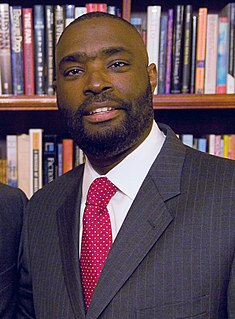A Quote by Jacques Audiard
I was the little French boy who grew up hearing people talk of De Gaulle and the Resistance. France against the Nazis! Then when that boy grew up, he began to uncover things. We began to legitimately ask the question, 'What exactly did our parents do during the Occupation?' We discovered it was not the story they were telling us.
Related Quotes
I think people assume that because I talk the way that I talk that I grew up with money, and then I've had to say, 'No, I grew up poor.' And then I was like, 'Why do I have to play this game where the only black experience that's authentic is the one where you grew up in poverty?' I mean, it's ridiculous.
I began thinking about why am I constructing almost a shadow father or ghost father in my head into Graham Greene in response to the father who created me? What's going on here? I think a part of my sense is it's every boy's story. When we are kids, we imagine that to define ourselves or to find ourselves means charting your own individuality, making your own destiny and actually running away from your parents and your home and what you grew up with.
This revolution began with young people in Syria demonstrating because they wanted a future. They wanted opportunity, education, and so forth. They went out and they did it. Thugs came out and beat them up. The parents got angry that the thugs beat the kids up, and they went out and demonstrated, and they were met with bullets. They were killed. That's how this began.
We grew up in a praying home [with Alex Kendrick], we saw incredible answers to prayer in our parents' lives, they grew up in praying homes, our father launched a Christian school with nothing, basically he had some people that believed in the project but they had very little resources, and we watched our parents deal with those issues first in prayer, and then when they went out knocking on doors they saw amazing doors answered and resources come in.
Who will cry for the little boy, lost and all alone?
Who will cry for the little boy, abandoned without his own?
Who will cry for the little boy? He cried himself to sleep.
Who will cry for the little boy? He never had for keeps.
Who will cry for the little boy? He walked the burning sand.
Who will cry for the little boy? The boy inside the man.
Who will cry for the little boy? Who knows well hurt and pain.
Who will cry for the little boy? He died and died again.
Who will cry for the little boy? A good boy he tried to be.
Who will cry for the little boy, who cries inside of me?
I would say I'm black because my parents said I'm black. I'm black because my mother's black. I'm black because I grew up in a family of all black people. I knew I was black because I grew up in an all-white neighborhood. And my parents, as part of their protective mechanisms that they were going to give to us, made it very clear what we were.
